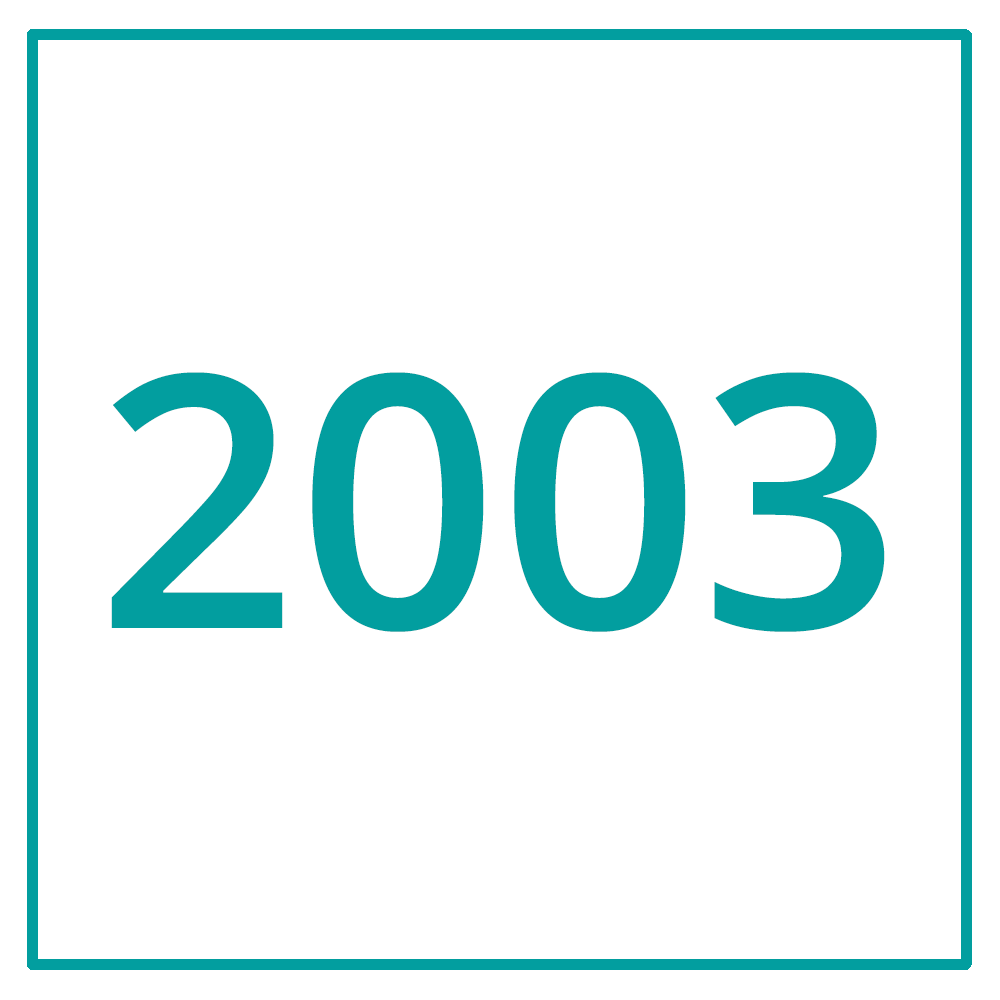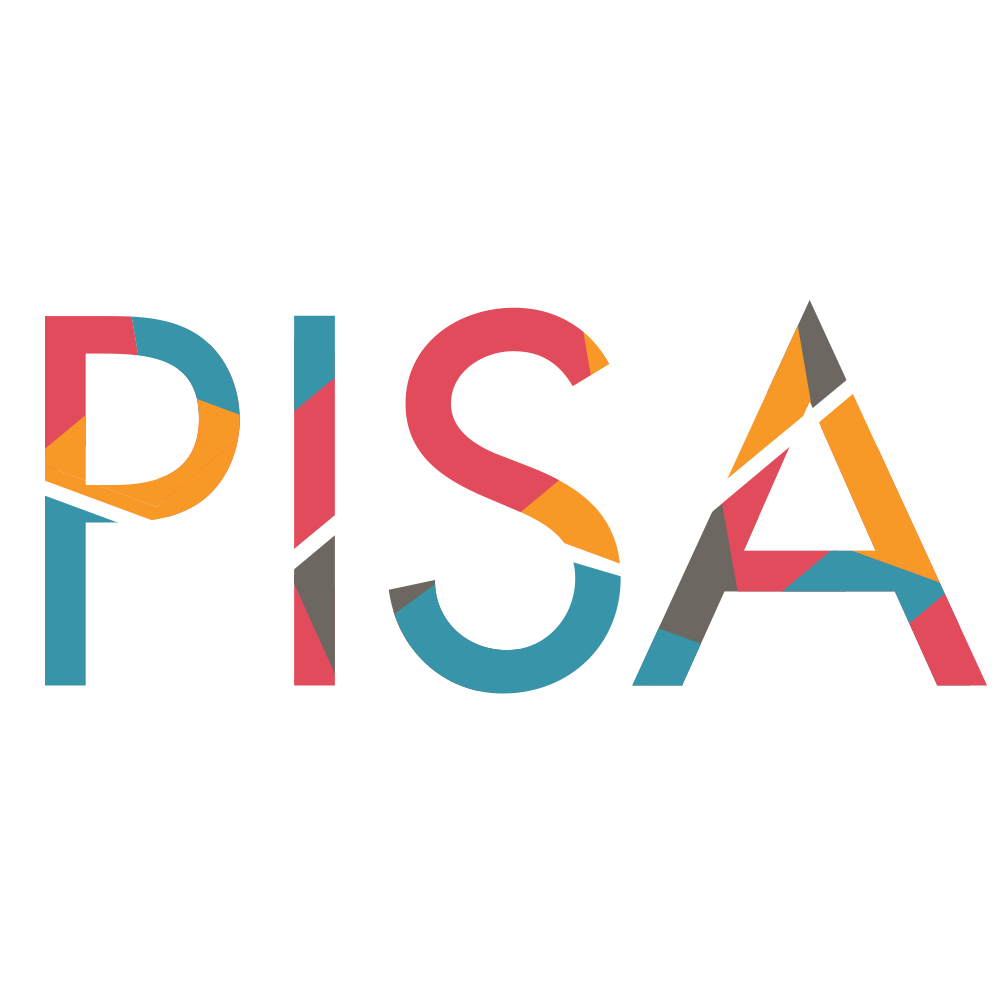PISA was initiated and is organized by the Organisation for Economic Co-operation and Development (OECD). It is coordinated by the PISA team at the OECD Secretariat. The priorities of the study are set by the PISA Governing Board, which includes one representative from the Ministry of Education of each participating country.
Until now, PISA has been conducted every three years (with the exception of 2022, when it was postponed by one year due to the COVID-19 pandemic). Starting from 2025, it will be conducted every four years. Poland has participated in every cycle of PISA since its very beginning in 2000.
PISA measures the skills of fifteen-year-olds that are essential for effective functioning in adult life in the following areas:
- reading,
- mathematics,
- science.
In each cycle of the study, one of these three domains is designated as the major focus and is more extensively developed. This allows for more precise and detailed analyses of that particular area. The major domains in each cycle of the study were as follows: reading – in 2000, 2009, and 2018; mathematics – in 2003, 2012, and 2022; science – in 2006, 2015, and 2025.
Each cycle of the study can also include additional domains and components, both national and international. Poland participated in the financial literacy assessment in 2012, 2015, 2018, and 2022; in the problem-solving assessment in 2006 and 2012; and in the creative thinking assessment in 2022. Polish students are taking part in the “learning in the digital world” assessment in PISA 2025.
The study also covers a range of contextual issues, relating, among other things, to students’ opinions and attitudes, their home environment and educational experiences, as well as school resources and organization. Data on these issues are collected through questionnaires completed by students and school principals from the sampled schools, and – depending on the cycle and country – also by teachers of the assessed domains and students’ parents.
Participants in the PISA study are students who turned 15 in the year preceding the assessment. During the period in Poland when the education system included six-year primary schools and lower secondary schools (gimnazjum), nearly all 15-year-old PISA participants attended the third year of lower secondary school. Under the current system of eight-year primary schools, the participants are mainly students in the first and second years of upper secondary school.
The study is conducted on a representative, random sample of students. Based on the results, conclusions can be drawn about the entire population of 15-year-olds attending school in a given country. The sampling is done in two stages – first, schools are randomly selected, and then individual students are randomly chosen from those schools. In Poland, approximately 200–250 schools are usually involved in the study.
During the assessment, students complete task sets in specific study domains, followed by questionnaires. In the 2000–2012 cycles, the study was conducted in paper format. Since 2006, elements of computer-based assessment have been gradually introduced. They were first implemented in Poland in 2009. Since 2015, the PISA study has been conducted primarily as a computer-based assessment, and since 2018, adaptive testing has been introduced in the major assessment domains. This allows the difficulty level of questions to be adjusted to the estimated skill level of the students tested.
The first cycles of the study in Poland were conducted by the Institute of Philosophy and Sociology of the Polish Academy of Sciences (IFiS PAN). Since 2015, the Educational Research Institute has been responsible for implementing the study on behalf of the Ministry of National Education. In the first PISA cycle in 2000, 43 countries and regions participated, including Poland. Since then, the number of participating countries has increased significantly. More than 90 countries and regions are taking part in PISA 2025.
More information is available on the Polish PISA study website and on the OECD website.
The study assessment framework
The scope and assumptions of each PISA cycle are presented in the assessment framework. The core principles of the study have remained unchanged since the first assessment. However, the range of skills measured is reviewed in each cycle, taking into account changes occurring in the modern world. Therefore, the framework is updated before the start of each new cycle. The preparation of each framework involves experts from relevant fields as well as representatives of the participating countries.
The assessment framework for each PISA cycle is available on the OECD website.
Country reports – Poland
Country reports are prepared by national research teams. Polish reports provide a more detailed discussion of the results concerning Poland and students from Polish schools. These results are analyzed and described more thoroughly, compared with results from other countries and previous cycles, and also take into account changes in the Polish education system.
PISA 2022
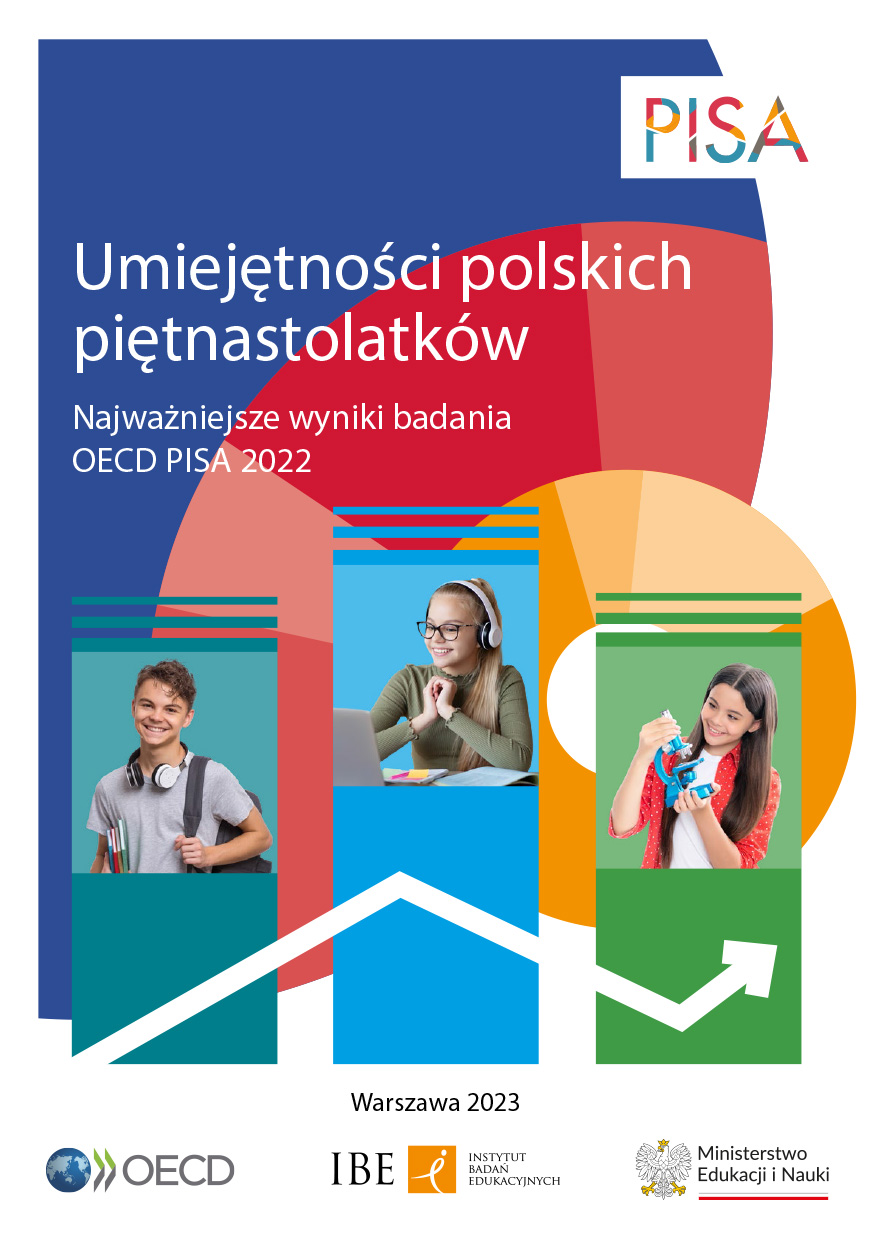
Polish PISA 2022 Report – Main Results
Bulkowski, K., Dobosz-Leszczyńska, W., Kaźmierczak, J. (2024). Umiejętności polskich piętnastolatków. Najważniejsze wyniki badania OECD PISA 2022
Warszawa: Instytut Badań Edukacyjnych
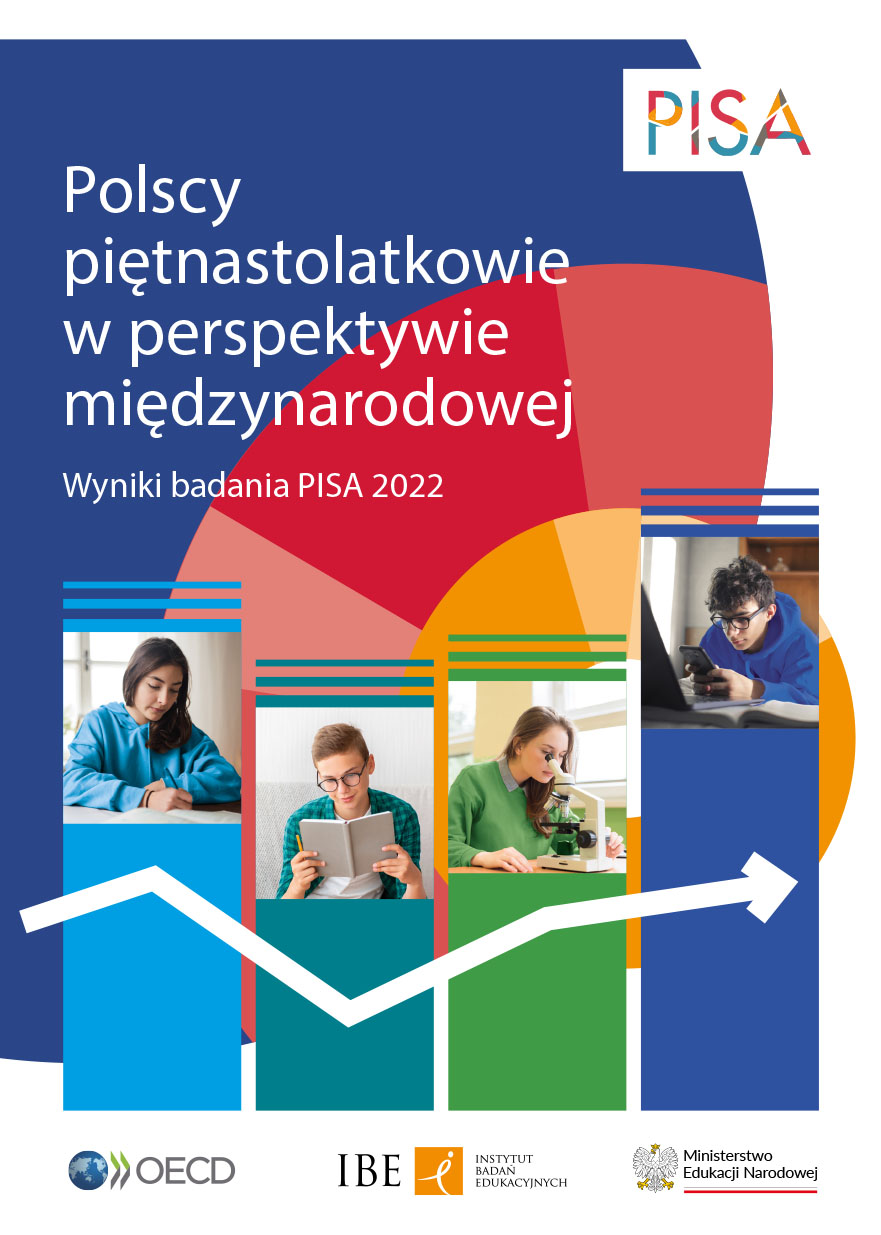
Polish PISA Report 2022
Kaźmierczak, J., Bulkowski, K. (red.) (2024). Polscy piętnastolatkowie w perspektywie międzynarodowej. Wyniki badania PISA 2022
Warszawa: Instytut Badań Edukacyjnych
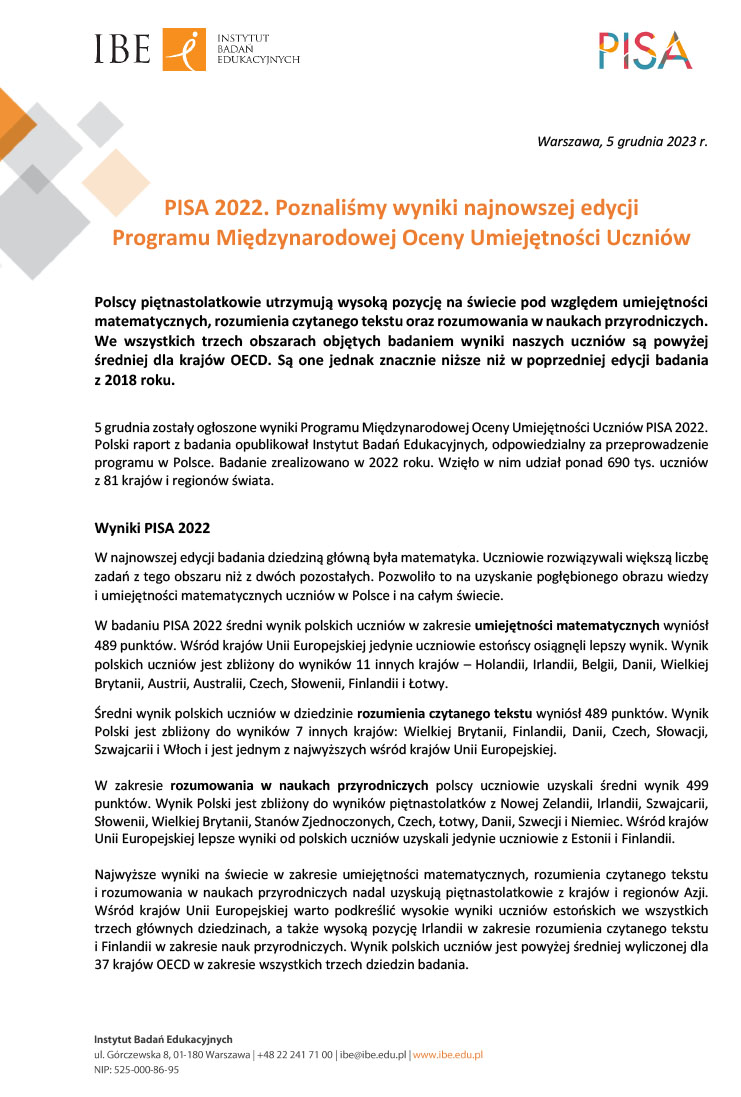
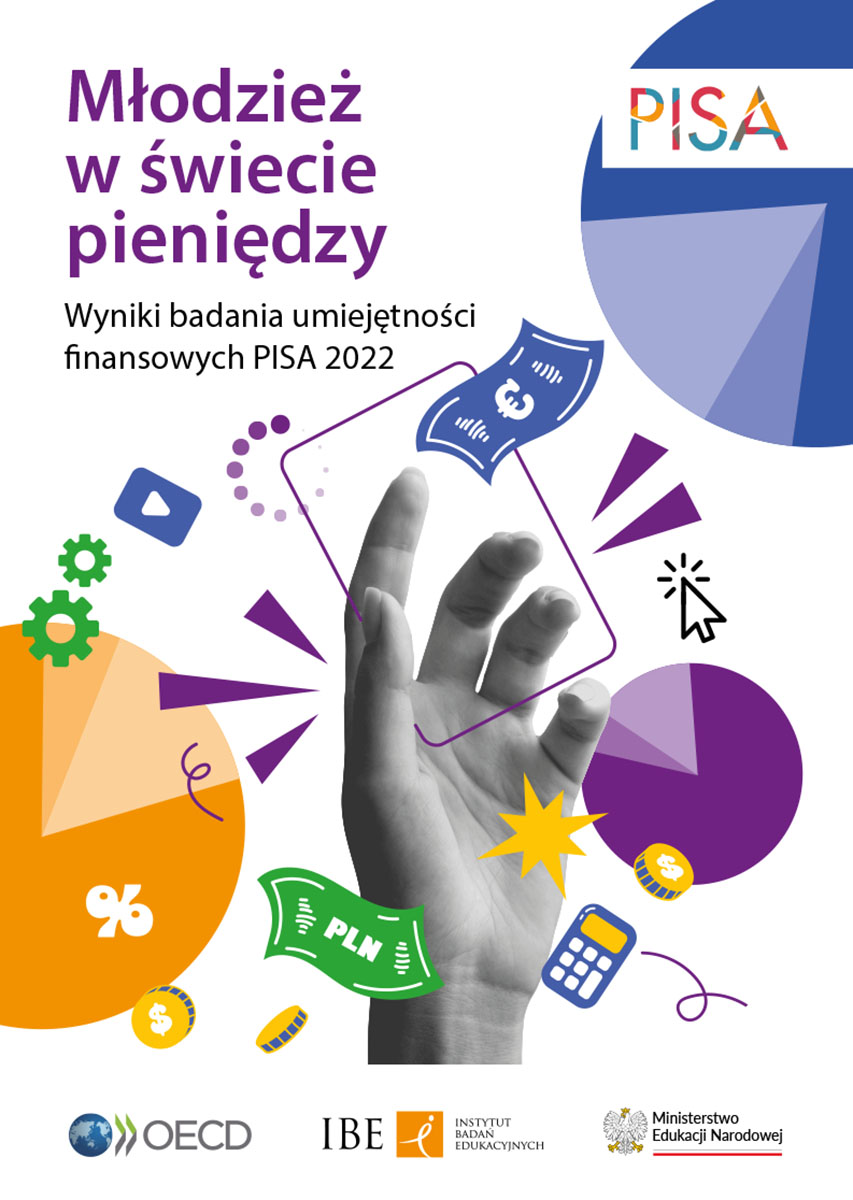
Polish PISA Report [2022, 2018]. Financial Literacy
Sitek, M., Wasilewska, O. (2024): Młodzież w świecie pieniędzy. Wyniki badania umiejętności finansowych PISA 2022
Warszawa: Instytut Badań Edukacyjnych
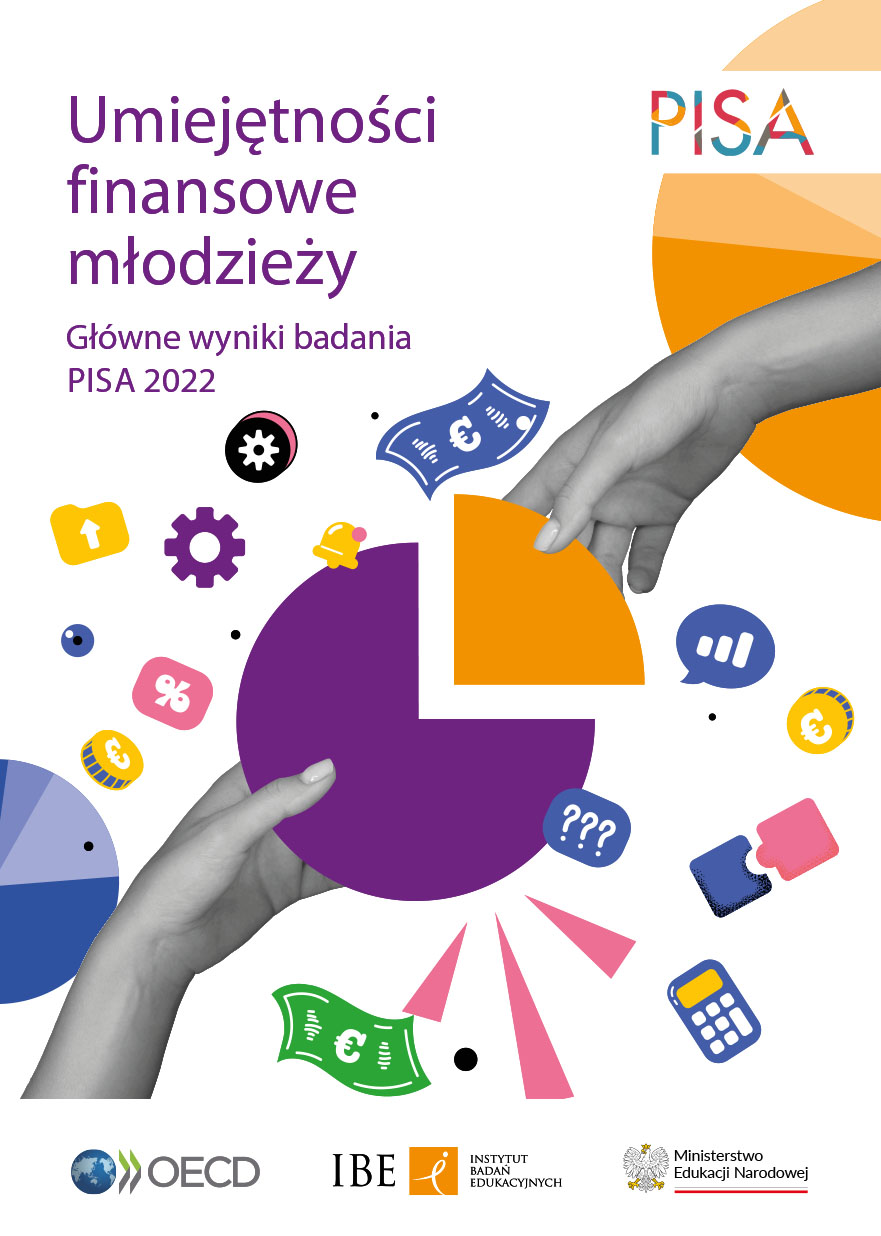
Polish PISA 2022 Report. Financial Literacy – Main Results
Sitek, M., Wasilewska, O. (2024). Umiejętności finansowe młodzieży. Główne wyniki badania PISA 2022
Warszawa: Instytut Badań Edukacyjnych
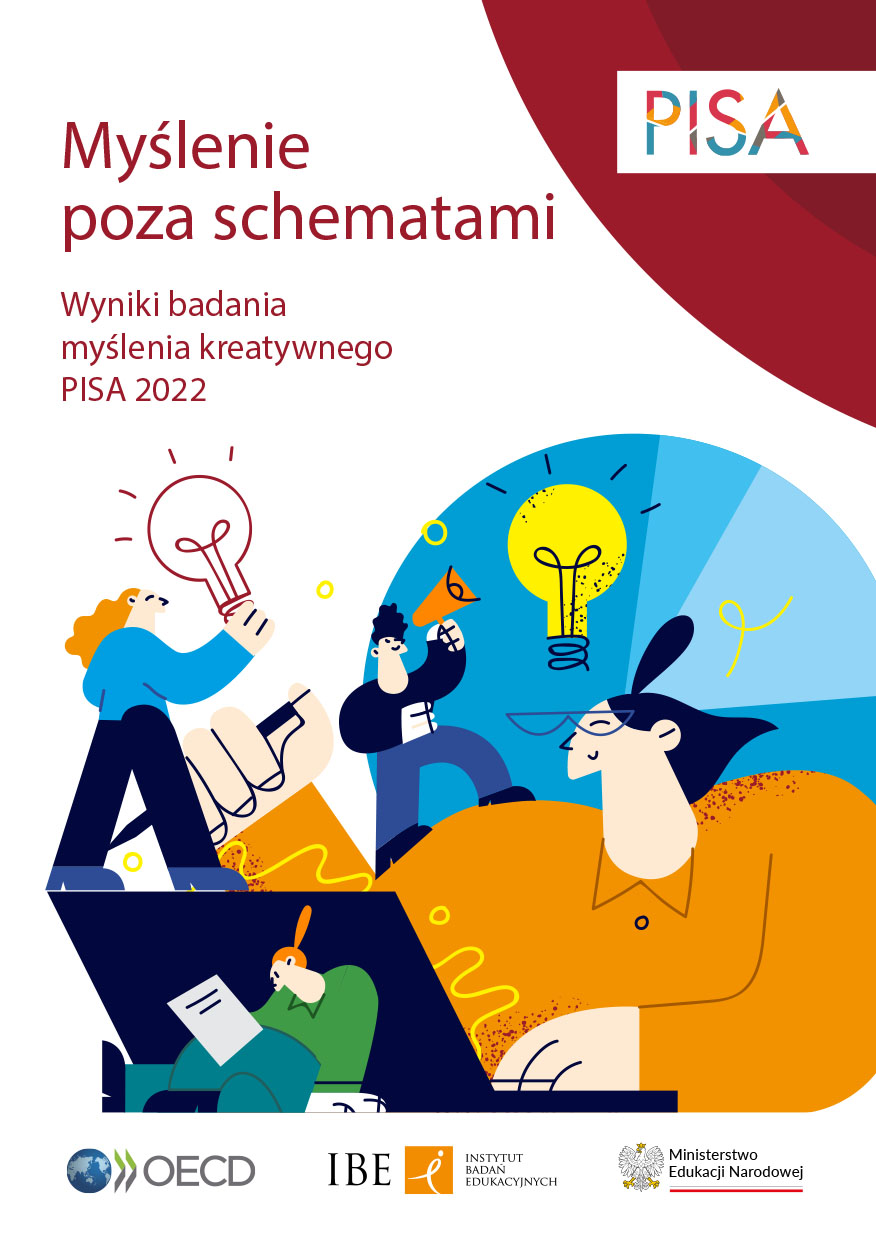
Polish PISA 2022 Report. Creative Thinking
Dobosz-Leszczyńska, W., Kaźmierczak, J., Weremiuk, A., (2024). Myślenie poza schematami. Wyniki badania myślenia kreatywnego PISA 2022.
Warszawa: Instytut Badań Edukacyjnych
PISA 2018
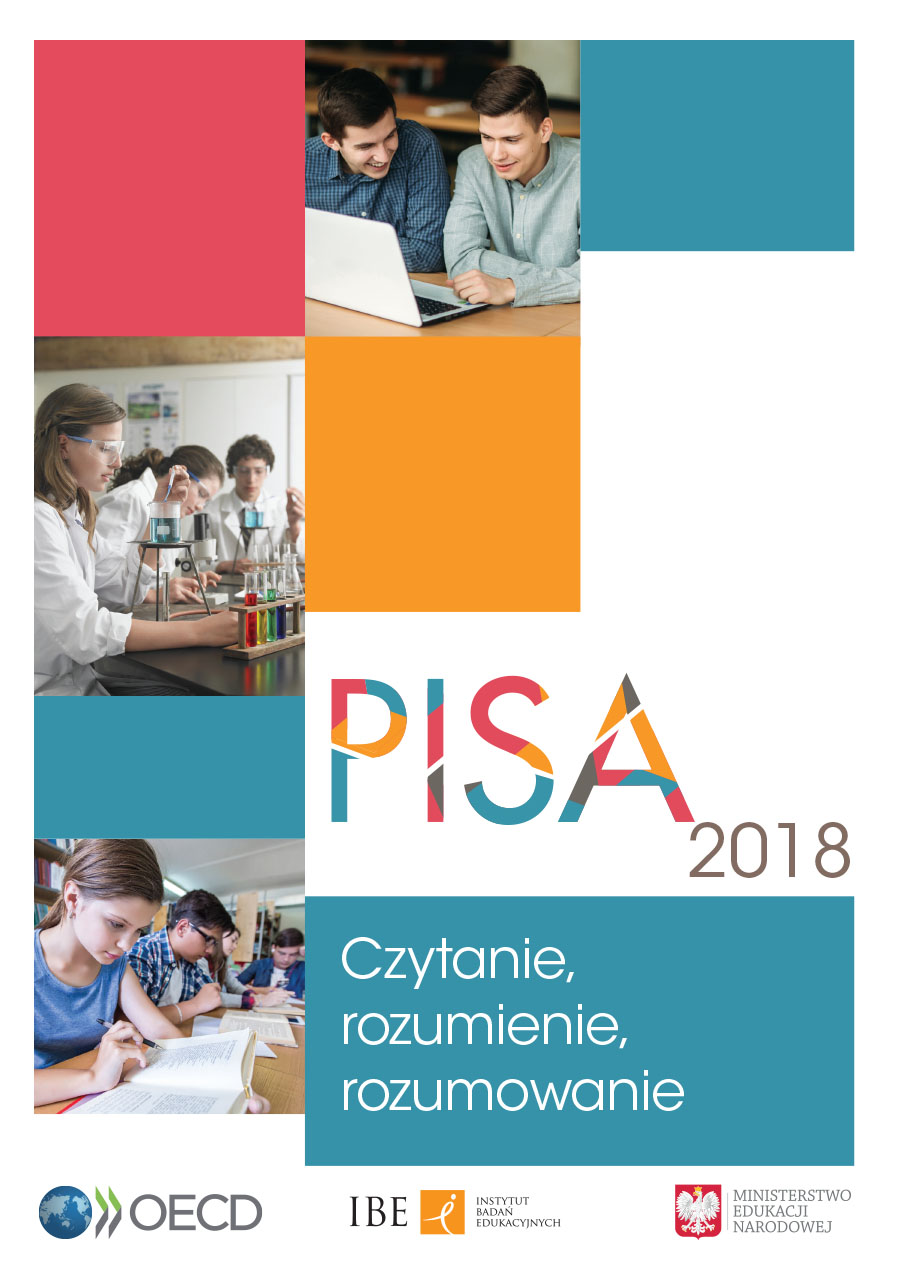
Polish PISA Report 2018
Sitek, M., Ostrowska, B. (red.) (2020): Czytanie, rozumienie, rozumowanie. Wyniki badania PISA 2018.
Warszawa: Instytut Badań Edukacyjnych
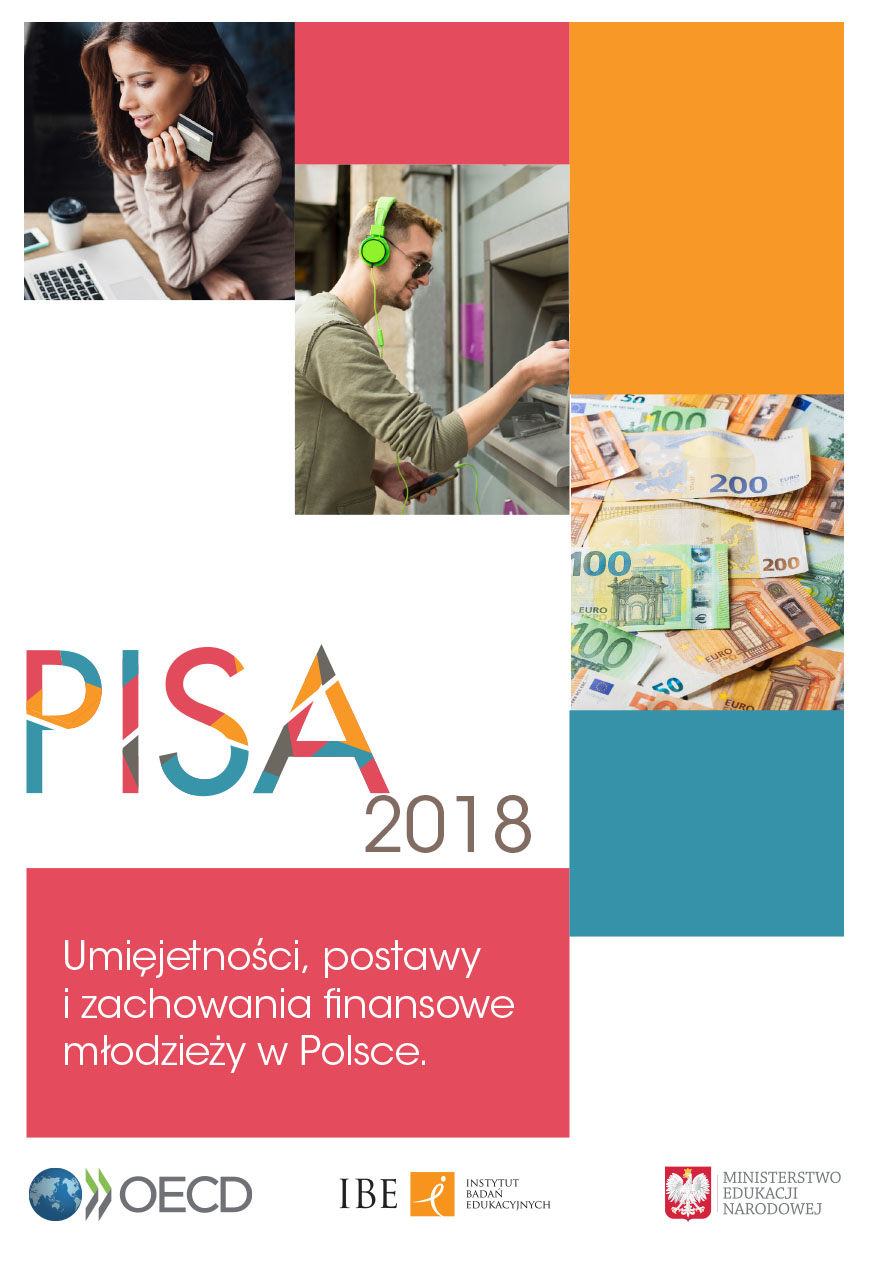
Polish PISA Report 2018. Financial Literacy
Sitek, M., Ostrowska B., Badiak M. (2020). Umiejętności, postawy i zachowania finansowe młodzieży w Polsce. Wyniki badania PISA 2018
Warszawa: Instytut Badań Edukacyjnych
PISA 2015
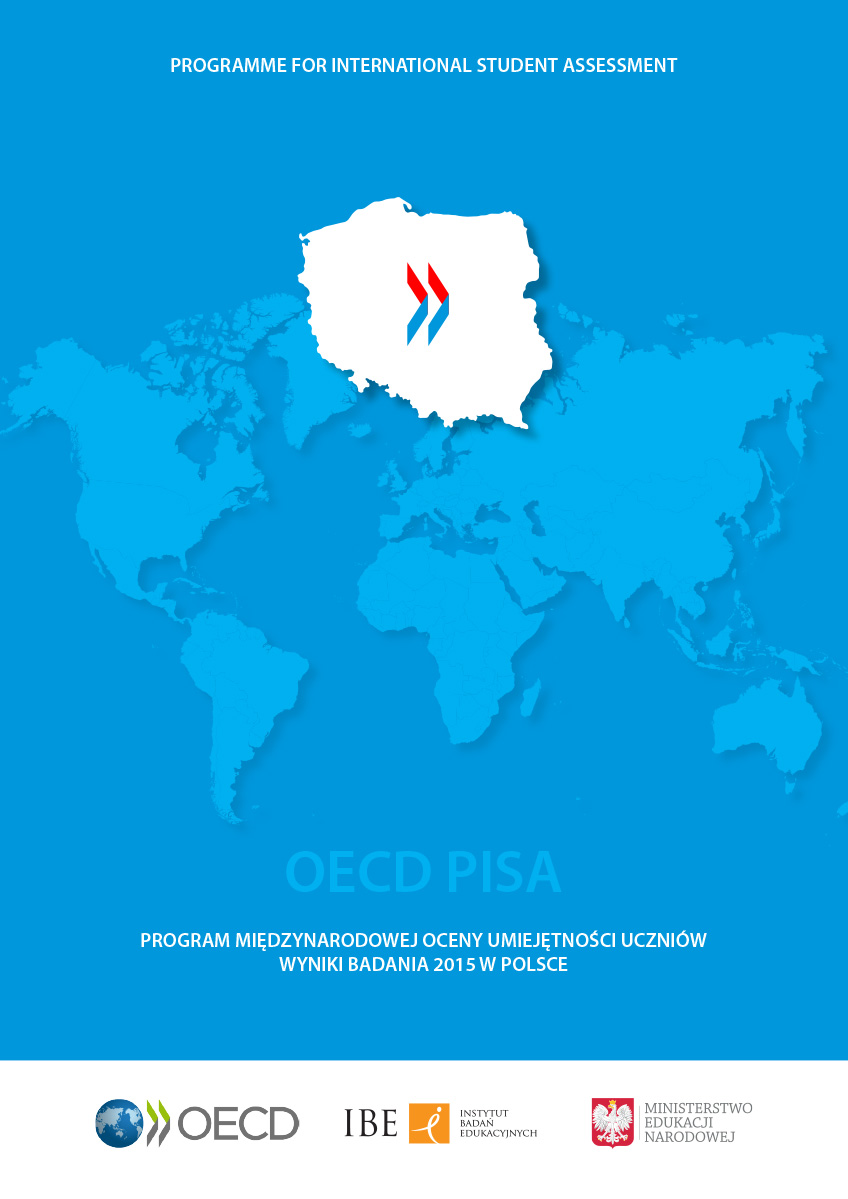
Polish PISA Report 2015
Sitek, M. (red.) (2016). OECD PISA. Program międzynarodowej oceny umiejętności uczniów. Wyniki badania 2015 w Polsce
Warszawa: Instytut Badań Edukacyjnych
PISA 2012
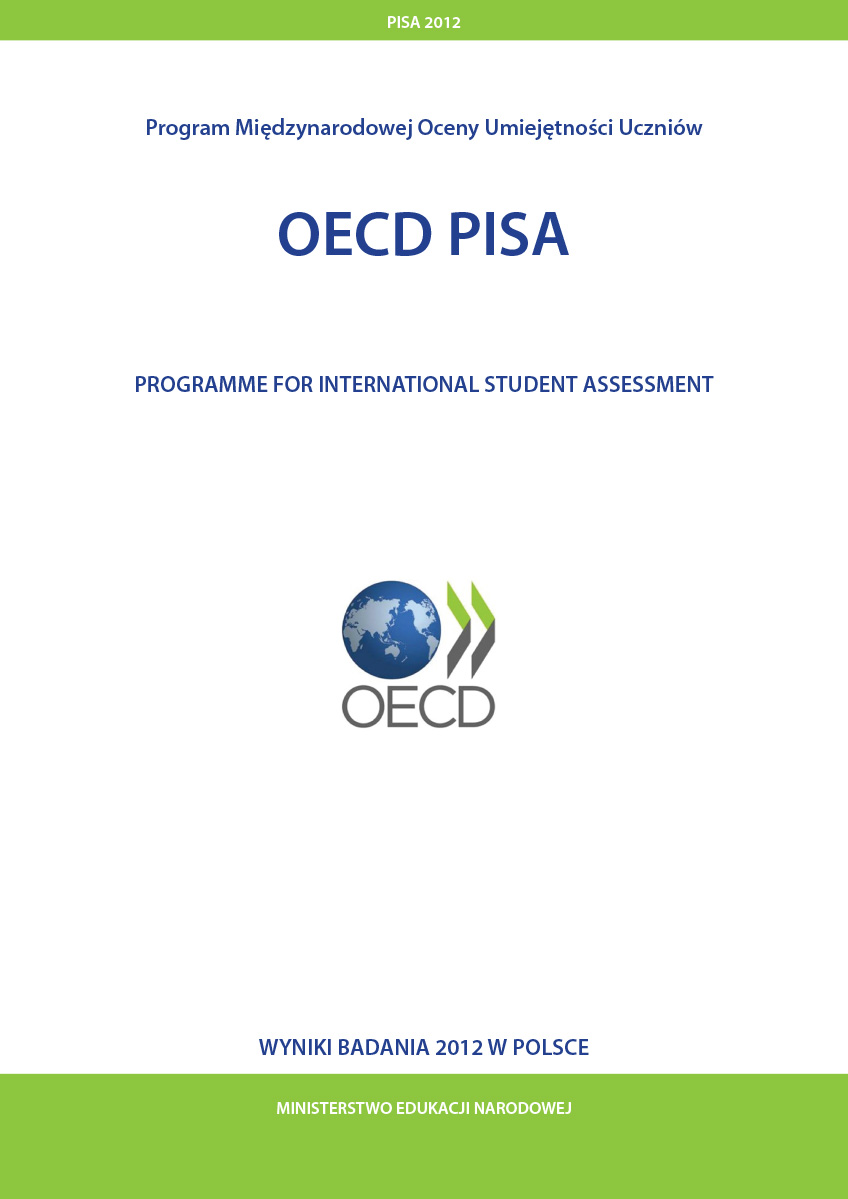
Polish PISA Report 2012
Fedorowicz, M. (red.) (2016). Program Międzynarodowej Oceny Umiejętności Uczniów OECD PISA. Wyniki badania 2012 w Polsce
Warszawa: Ministerstwo Edukacji Narodowej
PISA 2009
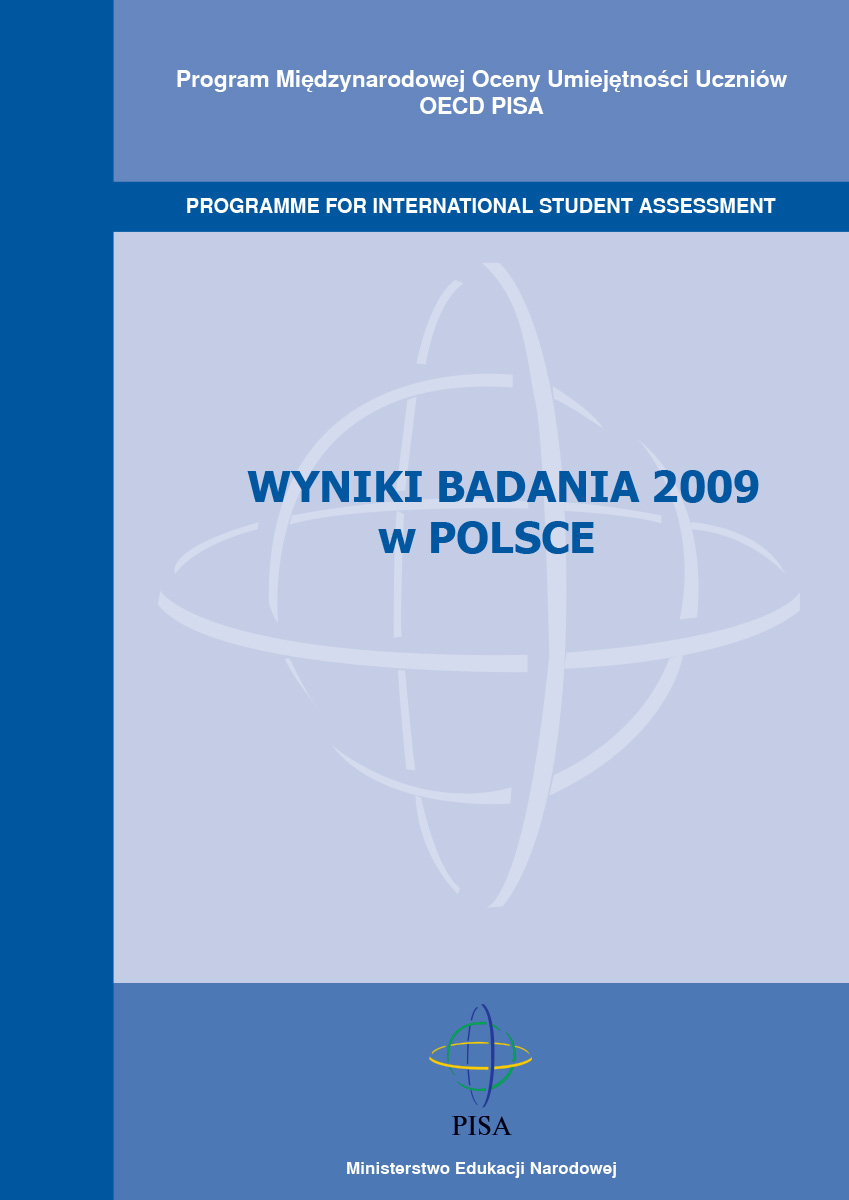
Polish PISA Report 2009
(2010). Program Międzynarodowej Oceny Umiejętności Uczniów OECD PISA. Wyniki badania 2009 w Polsce
Warszawa: Ministerstwo Edukacji Narodowej
PISA 2006
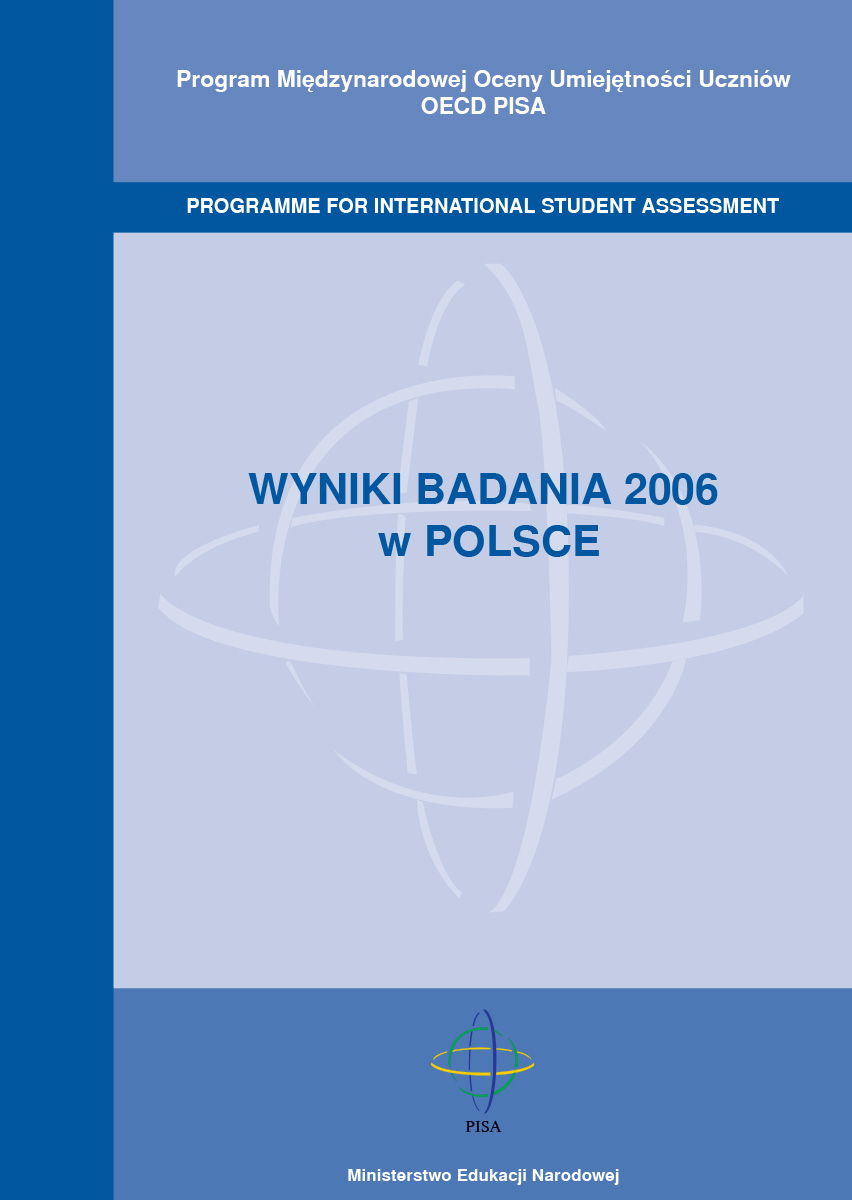
Polish PISA Report 2006
(2007). Program Międzynarodowej Oceny Umiejętności Uczniów OECD PISA. Wyniki badania 2006 w Polsce
Warszawa: Ministerstwo Edukacji Narodowej
International Reports
International reports presenting the results of individual cycles of the study as well as other publications and materials relating to the study are available on the OECD website.
PISA 2022
PISA 2022 Results (Volume I). The State of Learning and Equity in Education
PISA 2022 Results (Volume II). Learning During – and From – Disruption
PISA 2022 Results (Volume III). Creative Minds, Creative Schools
PISA 2022 Results (Volume IV). How Financially Smart Are Students?
PISA 2022 Results (Volume V). Learning Strategies and Attitudes for Life
PISA 2018
PISA 2018 Results (Volume I). What Students Know and Can Do
PISA 2018 Results (Volume II). Where All Students Can Succeed
PISA 2018 Results (Volume III). What School Life Means for Students’ Lives
PISA 2018 Results (Volume IV). Are Students Smart about Money?
PISA 2018 Results (Volume V). Effective Policies, Successful Schools
PISA 2018 Results (Volume VI). Are Students Ready to Thrive in an Interconnected World?
PISA 2012
PISA 2012 Results: What Students Know and Can Do (Volume I)
PISA 2012 Results: Excellence through Equity (Volume II). Giving Every Student the Chance to Succeed
PISA 2012 Results: Ready to Learn (Volume III). Students' Engagement, Drive and Self-Beliefs
PISA 2012 Results: What Makes Schools Successful (Volume IV). Resources, Policies and Practices
PISA 2012 Results: Students and Money (Volume VI). Financial Literacy Skills for the 21st Century
PISA 2025
The study is conducted in the years 2022–2027. The main study at schools was conducted in 2025. The results will be announced in 2026.
The detailed schedule of PISA 2025 is available here.









